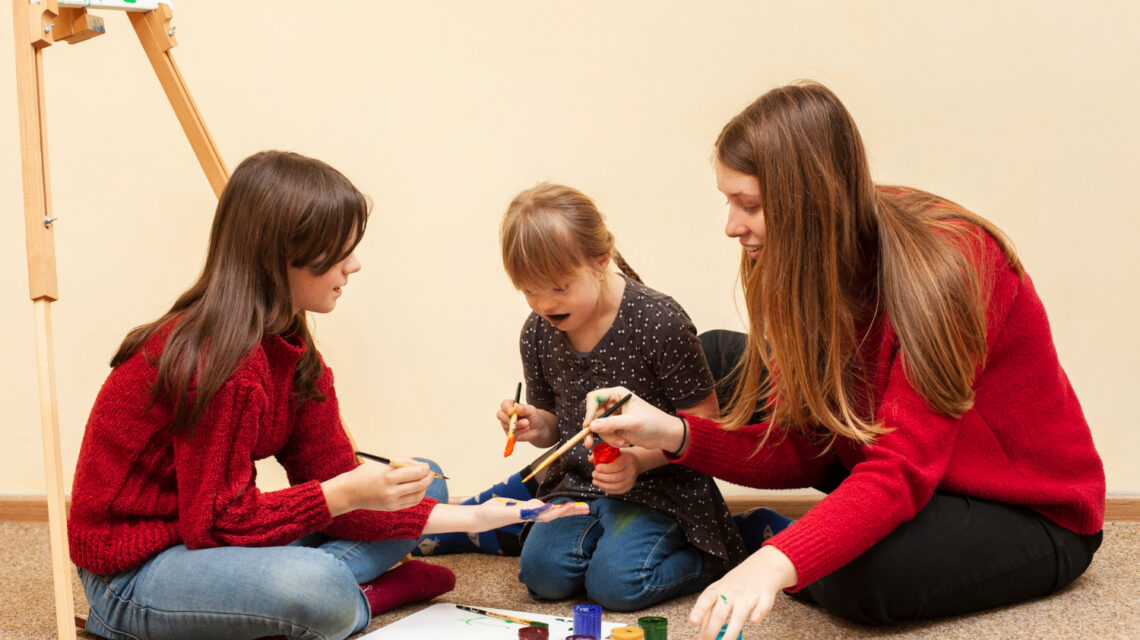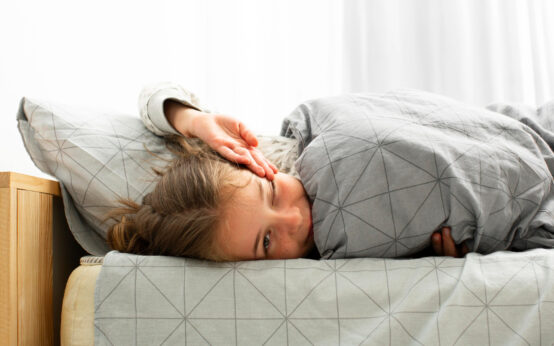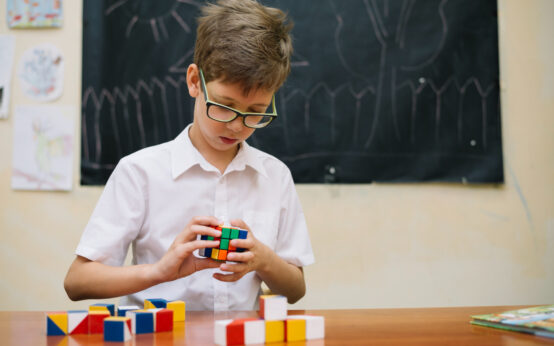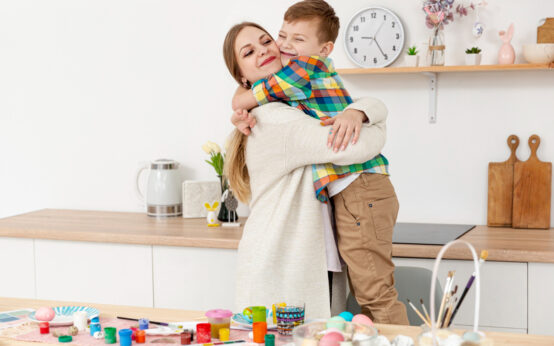Introduction
Discovering hobbies and interests tailored to children with autism can be both a challenge and a rewarding journey. These activities not only provide enjoyment but also serve as vital avenues for skill development and self-expression. In this comprehensive guide, we’ll delve into effective strategies for identifying and nurturing hobbies that align with your child’s unique strengths and interests.
Embarking on the Journey
The quest to find suitable hobbies for children with autism begins with exposure. By exposing them to a diverse array of activities, parents can better gauge their child’s inclinations and aptitudes. It’s crucial to engage in collaborative exploration, fostering a sense of achievement and self-worth along the way.
Like colors in a kaleidoscope, hobbies for children with autism offer a unique spectrum of joy and exploration, unlocking doors to understanding, creativity, and self-expression. Each interest becomes a brushstroke on the canvas of their world, painting a masterpiece of growth, resilience, and endless possibilities.
Angela Hanscom
Addressing Intense Interests
Many children with autism exhibit intense interests that captivate their attention. While these passions can be all-consuming, they also present opportunities for social connection and skill development. Encouraging participation in clubs or groups related to their interests can foster a sense of belonging and facilitate growth within their chosen pursuits.
Activity Ideas
A wide spectrum of activities is suitable for children with autism, each offering unique benefits. From model trains to Legos, arts and crafts, and poetry, there’s something to cater to every interest and ability level. These activities not only stimulate creativity but also enhance motor skills, sensory processing, and communication abilities.
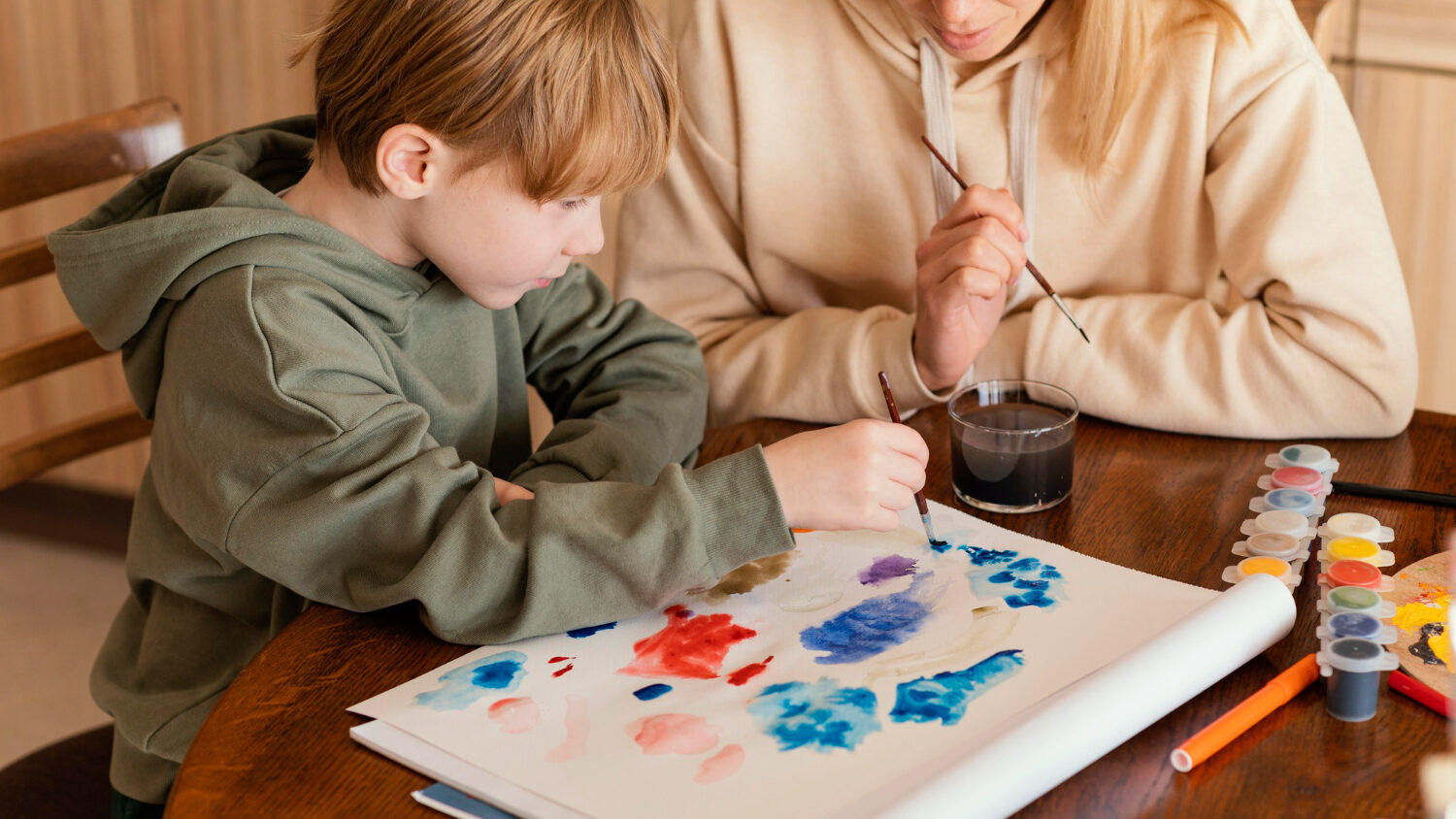
Promoting Physical Activity
Promoting physical activity is paramount for the overall well-being of children with autism. Engaging in activities such as trampolining, swimming, and biking not only improves physical fitness but also fosters social interaction and independence. Establishing a consistent routine and integrating physical activity into daily life can support the development of healthy habits.
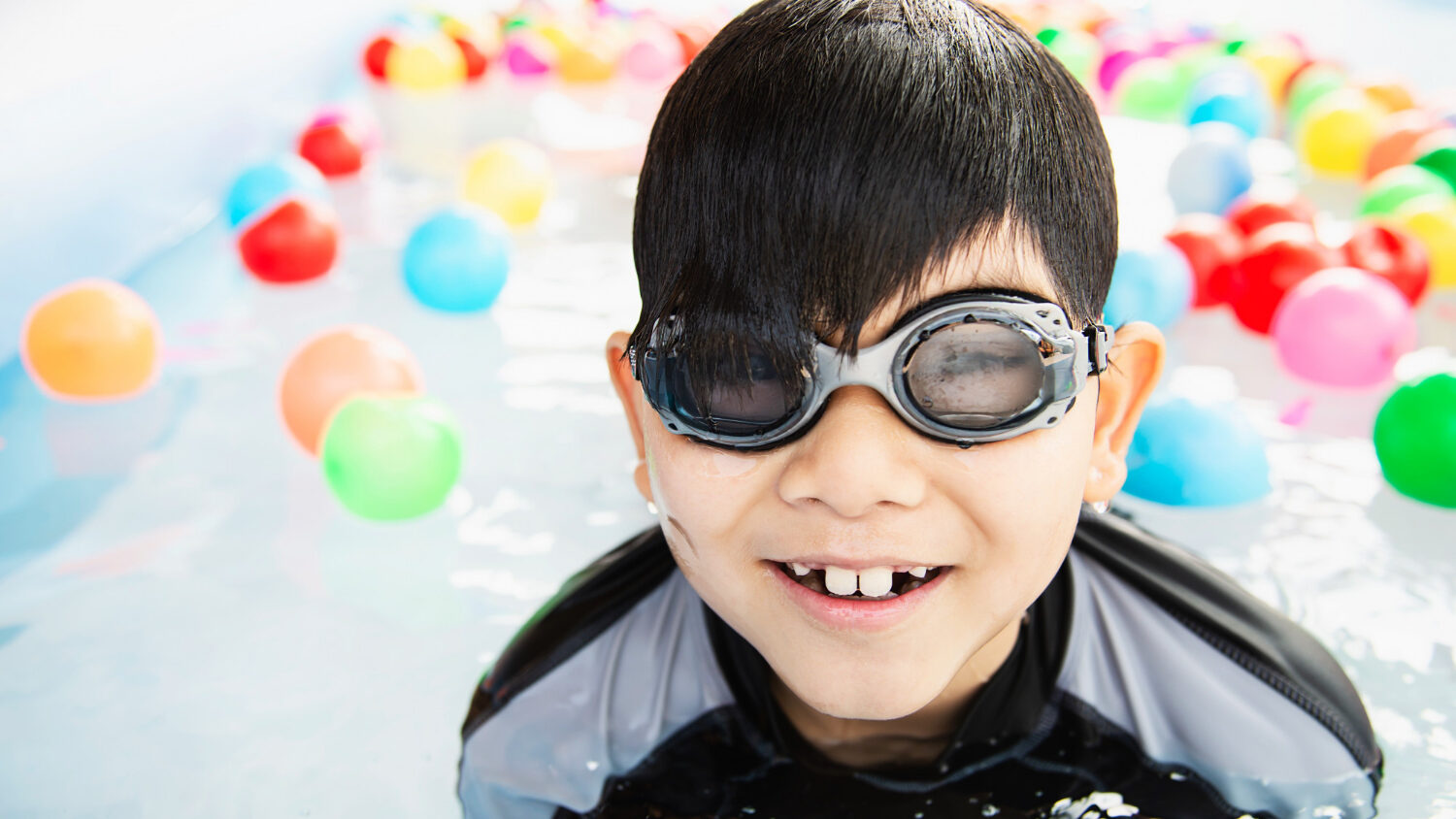
Seeking Support
For families in need of additional guidance and resources, specialized centers offer comprehensive services tailored to the needs of children with autism. Through personalized treatment plans and support programs, these centers empower children to unlock their full potential and discover fulfilling hobbies.
Conclusion
Nurturing hobbies for children with autism requires patience, creativity, and a commitment to exploration. By recognizing and nurturing their unique strengths and interests, parents can provide valuable opportunities for growth, self-expression, and joy. With the right support and encouragement, every child can embark on a fulfilling journey of discovery, finding hobbies that bring them fulfillment and promote lifelong learning.
Source
- Anderson, K. (2018). Understanding and Encouraging the Special Interests of Children with Autism Spectrum Disorder. Child Development Perspectives, 12(2), 111-116.
- Kuo, M. H., Orsmond, G. I., Cohn, E. S., & Coster, W. J. (2011). Friendship Characteristics and Activity Patterns of Adolescents with an Autism Spectrum Disorder. Autism, 15(1), 81-98.
- Mazurek, M. O., & Wenstrup, C. (2013). Television, Video Game and Social Media Use Among Children with ASD and Typically Developing Siblings. Journal of Autism and Developmental Disorders, 43(6), 1258-1271.
- Pan, C. Y. (2009). Objectively Measured Physical Activity Between Children with Autism Spectrum Disorders and Children Without Disabilities During Inclusive Recess Settings in Taiwan. Journal of Autism and Developmental Disorders, 39(1), 105-113.
